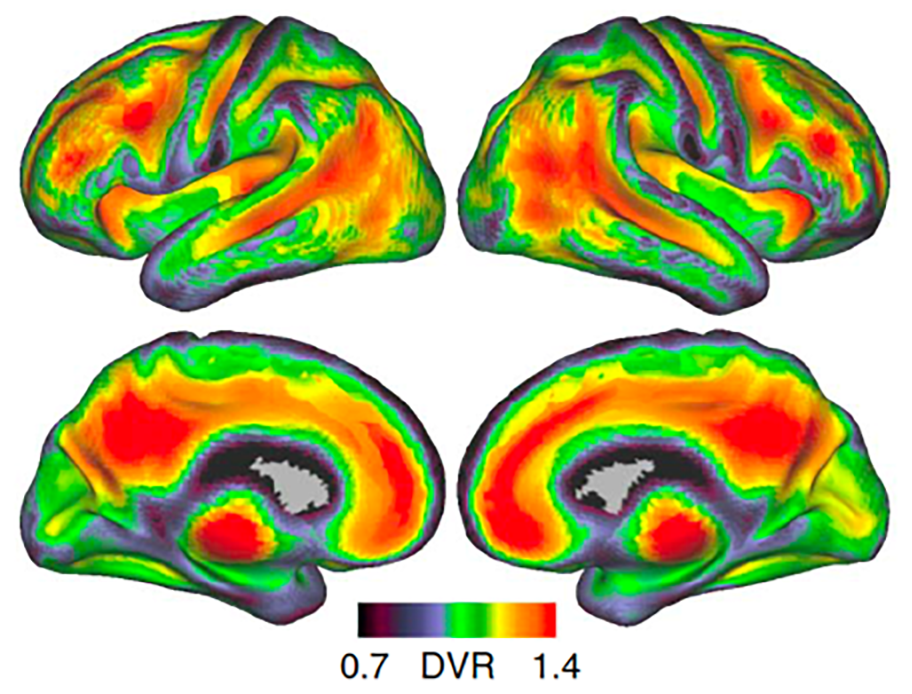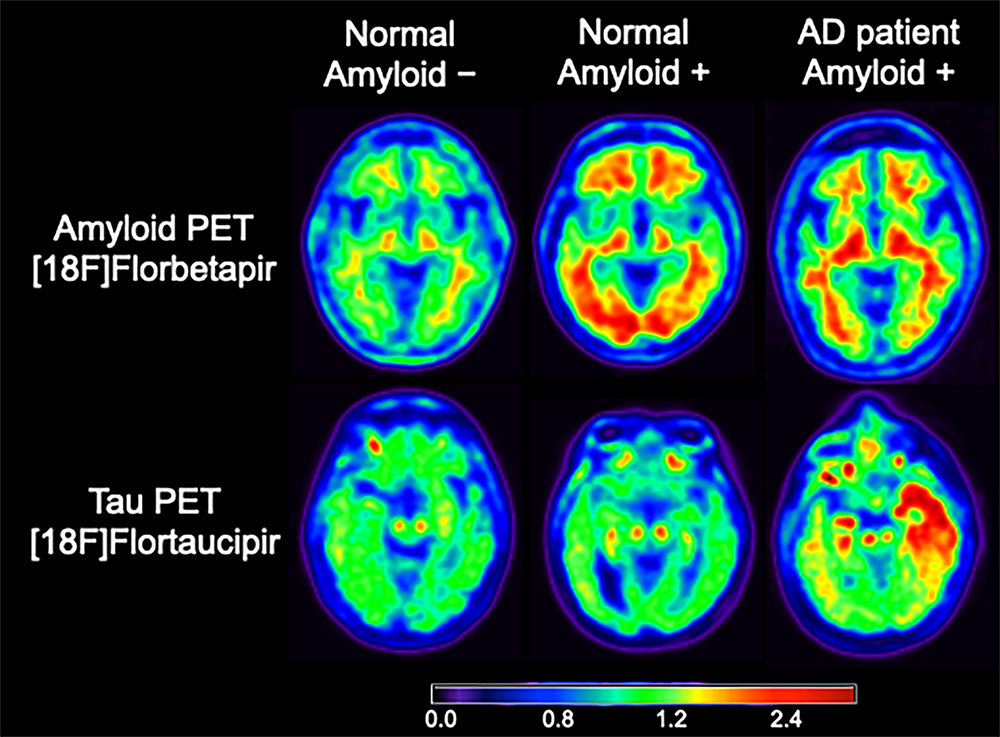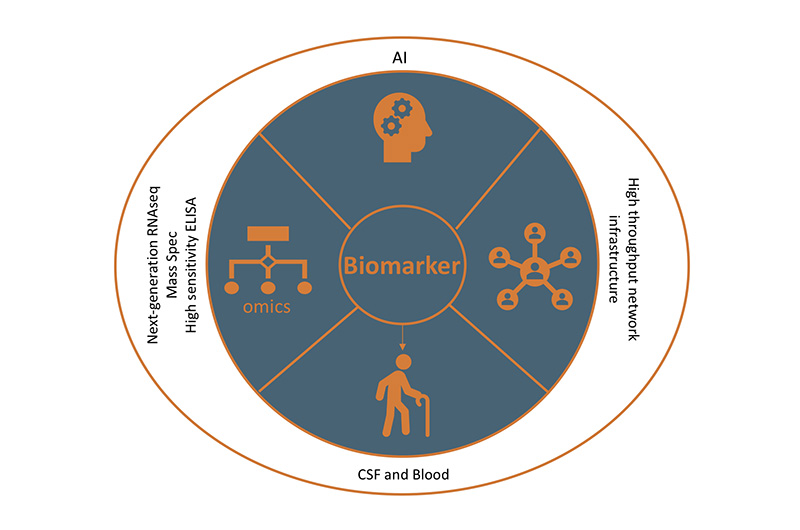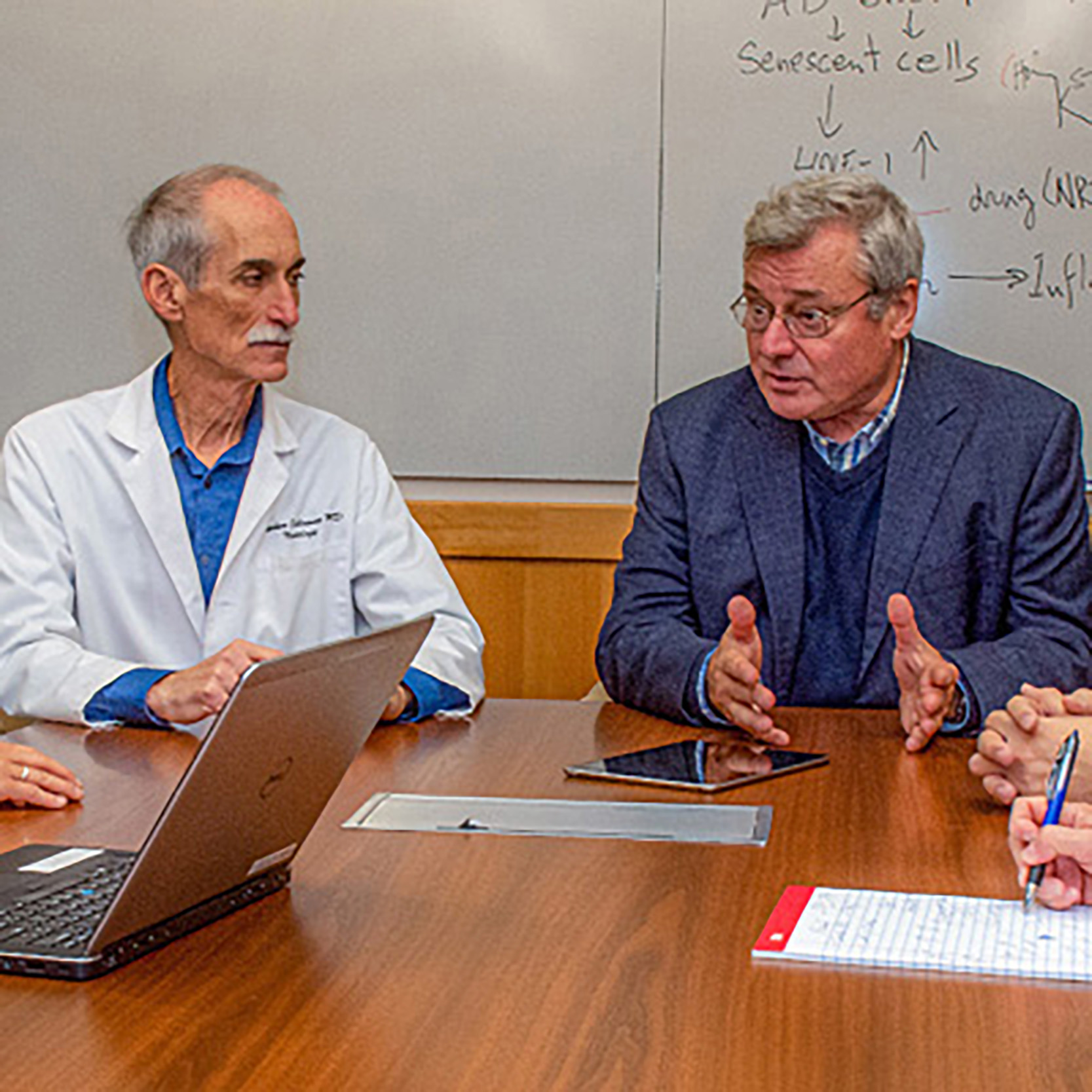Alzheimer’s disease is the sixth leading cause of death in the United States. With support from two generous gifts totaling $30 million, Brown University established a new Center for Alzheimer’s Disease Research with the aim of building a world-class research program focused on early detection and treatment of Alzheimer's disease and related dementias. The center integrates the expertise of the Robert J. and Nancy D. Carney Institute for Brain Science and the Division of Biology and Medicine.
Housed within the Carney Institute, the Center for Alzheimer’s Disease Research catalyzes collaborations across basic and clinical research groups toward uncovering when, where and how Alzheimer’s disease first arises to advance the pace toward treatment. The center's research projects integrate knowledge across biological systems in humans, including behavioral, neural, vascular and immune.
Alzheimer’s and other neurodegenerative diseases require collaborative thinking across disciplines in both basic and clinical research to generate the knowledge we need to advance prevention, treatments and cures. Read below for examples of Alzheimer’s disease research projects, or visit the Center for Alzheimer’s Disease Research website for more information about the center and its mission.







